

Generally, a tension-type headache (TTH) is a mild to moderate pain that is often described as feeling like a tight band around the head. A tension headache is the most common type of headache, yet its causes are not well understood. There are various forms of tension headaches treatment Woodstock. Managing a tension headache is often a balance between practicing healthy habits, finding effective non-drug treatments, and using medications appropriately.
Tension headaches are dull pain, tightness, or pressure around your forehead or the back of your head and neck. They are also called stress headaches and are the most common type for adults. Some people describe it as feeling like a clamp squeezing their skull.
These headaches can last 30 minutes to a few days. The episodic tension-type headache usually starts slowly, often in the middle of the day.
Chronic tension-type headaches come and go over a longer period. However, the pain may ease up or get stronger through the day, but it is almost always there.
Although your head hurts, tension headaches usually don’t prevent you from doing your daily activities, and they do not affect your strength, balance, or vision.
Tension headaches can:
Unlike with migraine, you will not have other nerve symptoms, such as blurred vision or muscle weakness. And tension headaches don’t usually cause severe sensitivity to light or noise, nausea, stomach pain, or vomiting.
There is no single cause of tension headaches. They do not run in families. Some people get them because of tight muscles in the back of the neck and scalp.
Tension headaches are usually triggered by stress from family, work, school, friends, or other relationships. Episodic ones are usually triggered by a single stressful situation or a buildup of stress. Daily stress can cause a chronic kind.
If tension headaches disrupt your life or you need to take medication for your headaches more than twice a week, see your doctor for proper tension headaches treatment Woodstock.
Even if you have a history of headaches, see your doctor if the pattern changes or your headaches suddenly feel different. Occasionally, headaches may indicate a serious medical condition, such as rupture of a weakened blood vessel (aneurysm) or a brain tumor.
If you have any of the following signs or symptoms, seek emergency care:
If you have recurrent or chronic headaches, your doctor may conduct physical and neurological examinations to try to determine the type and cause of your headaches using the following approaches:
Your doctor can find a lot of information about your headaches from your description of the pain you’re experiencing. Ensure to include these details:
If you have unusual or complicated headaches, your doctor may order some tests to rule out serious causes of head pain, such as a tumor. Two common tests that can be conducted to image your brain include:
Some people with tension headaches don’t seek tension headaches treatment Woodstock and, instead, they go for over-the-counter drugs to try to treat the pain on their own. Unfortunately, repeated use of pain relievers without a prescription can cause another type of headache: medication overuse headache.
A variety of both nonprescription and prescription medications are available to reduce the pain of a headache, including:
Because tension headaches are so common, their effect on the overall quality of life and job productivity is considerable, particularly if they are chronic. The frequent pain may render you unable to do your everyday activities. You might need to stay away from work for some time, or if you go to your job, your ability to function may be impaired.
In addition to regular exercise, techniques such as relaxation therapy and biofeedback training can help reduce stress.
Using medications along with stress management techniques may be more effective than either treatment alone in reducing your tension headaches.
Are you suffering from tension headaches? Advanced Health Solutions – GA Spine & Disc offers high-quality, safe, and effective tension headaches treatment Woodstock. Call us now at (770) 212-3991 or feel free to contact us online to book an appointment.


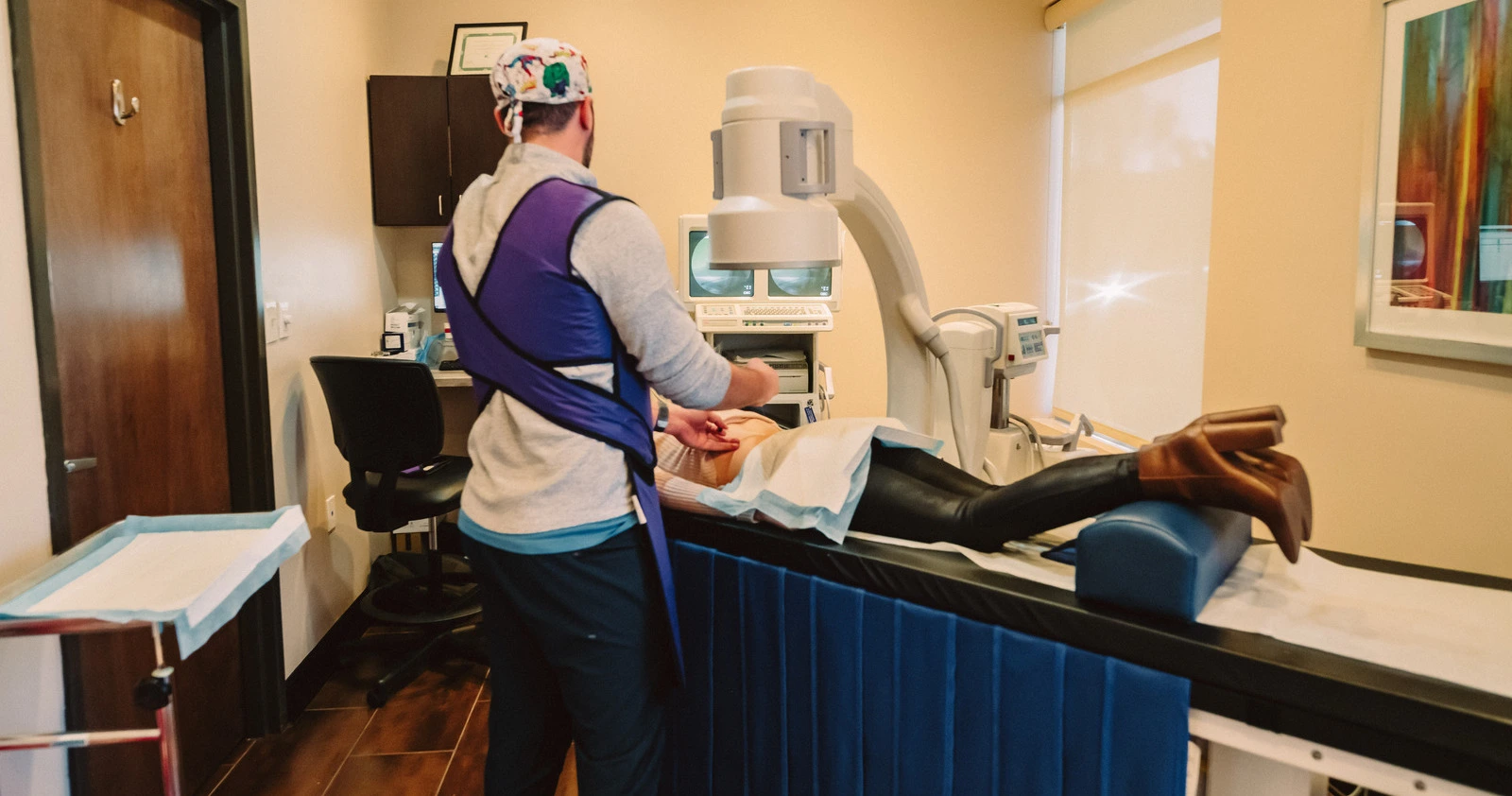
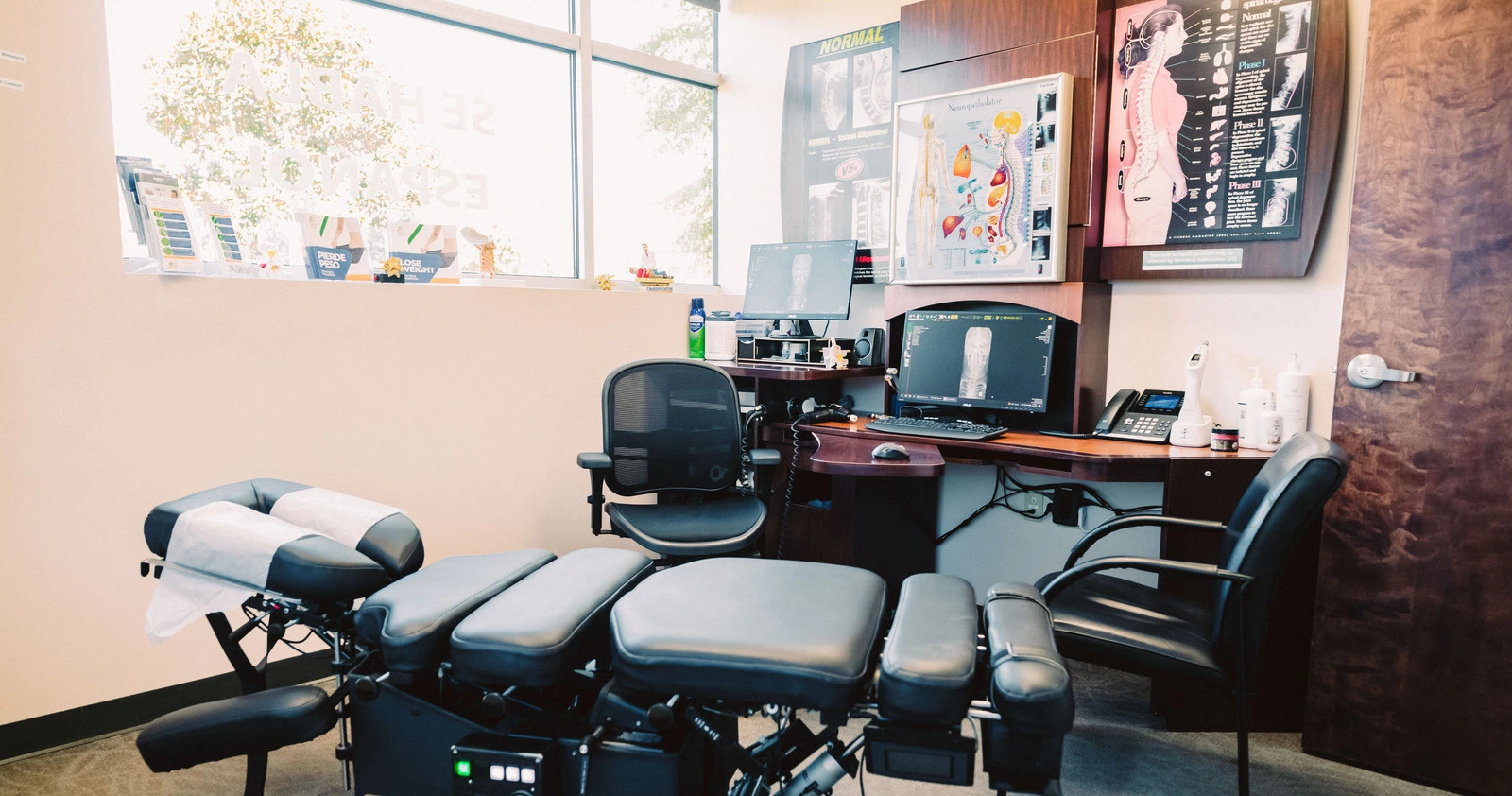



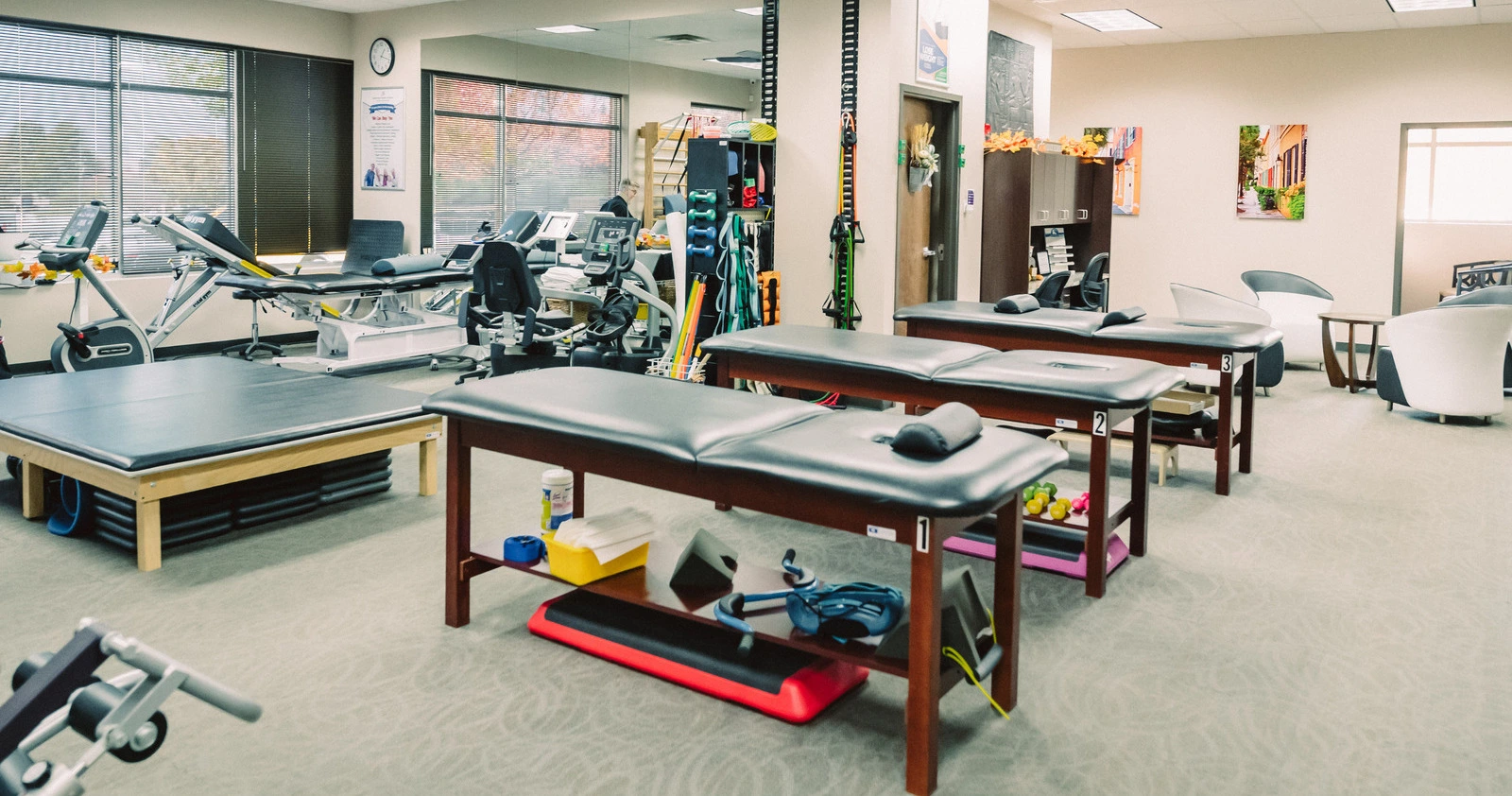
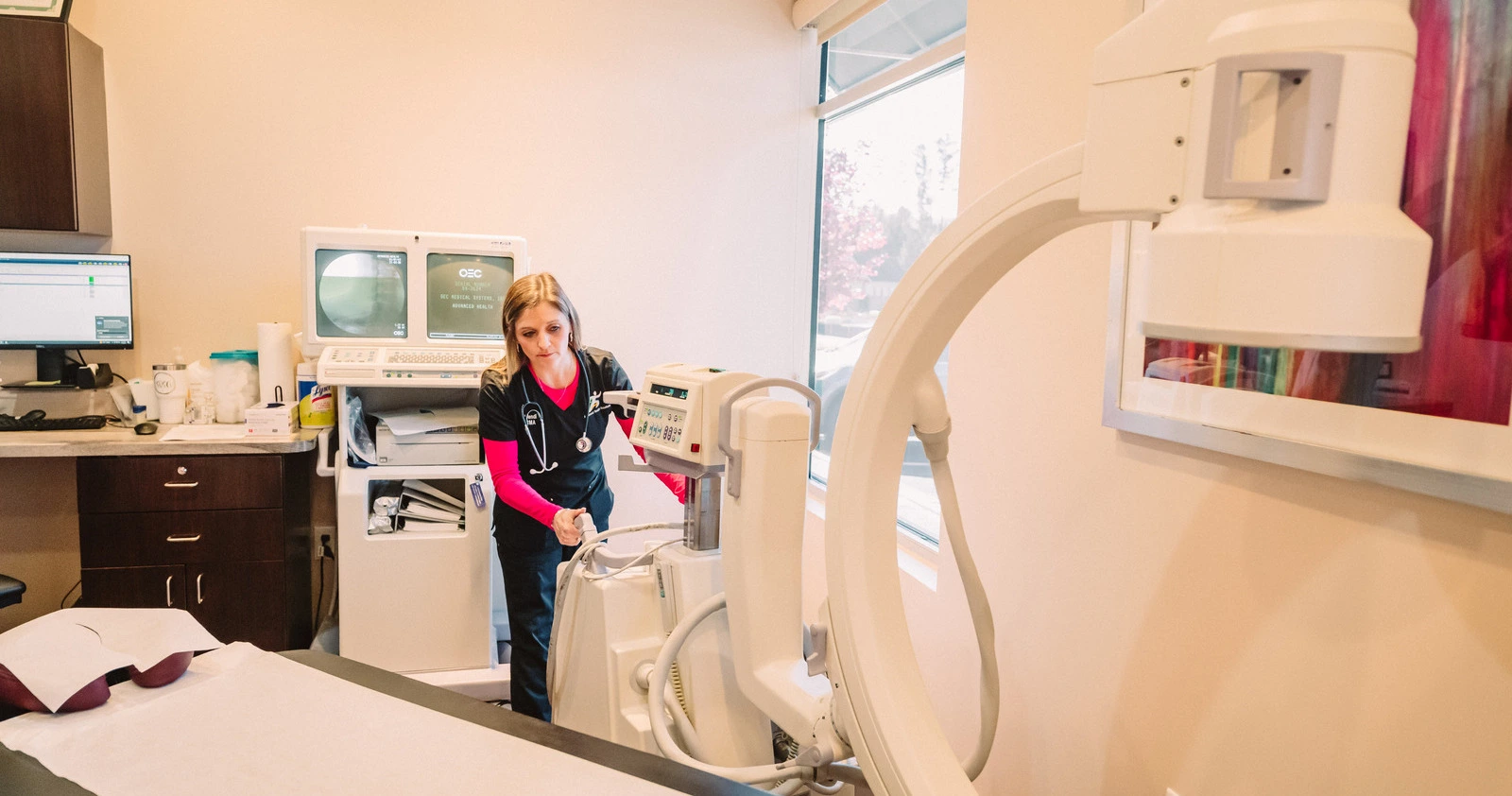

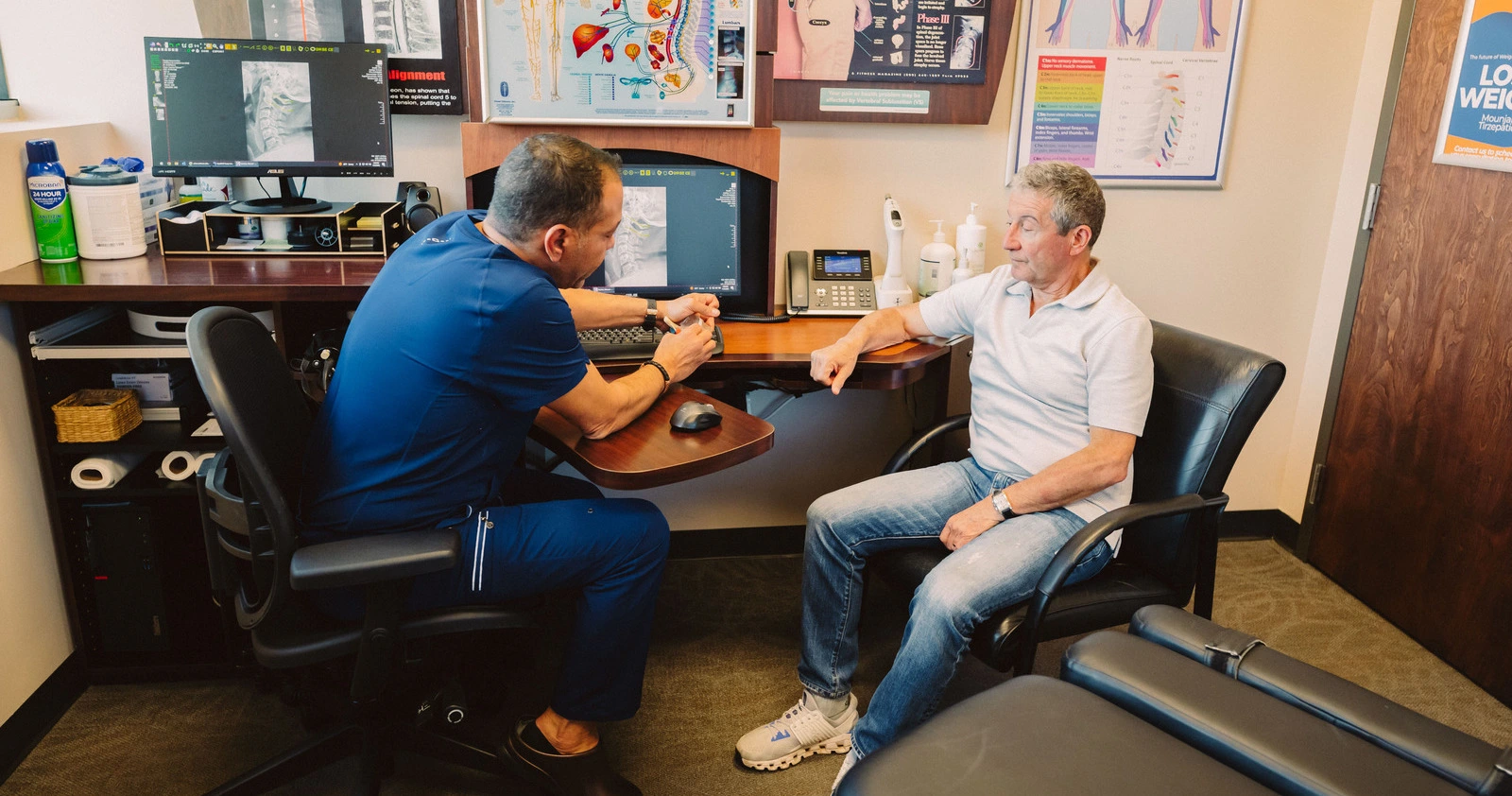
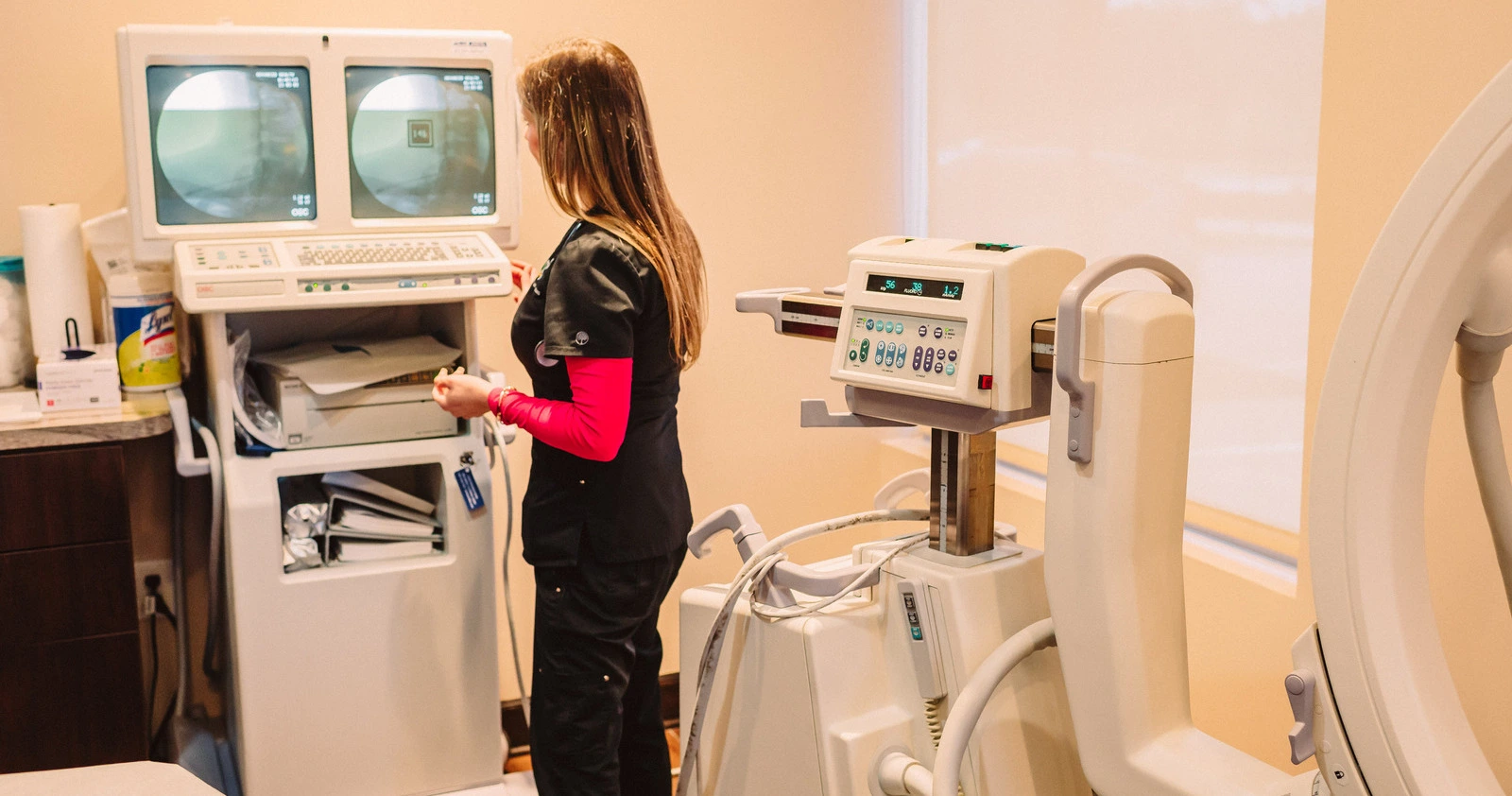
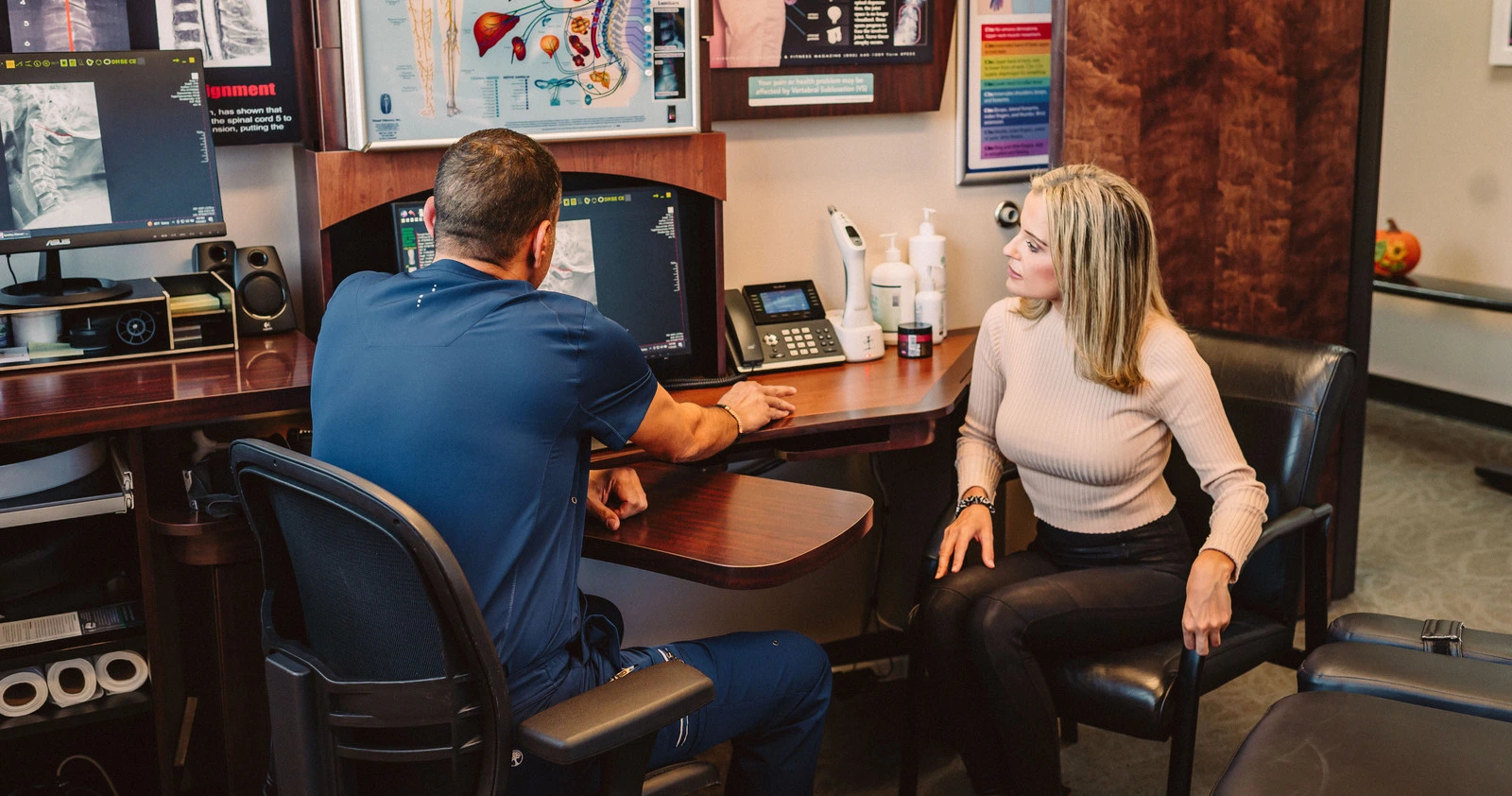
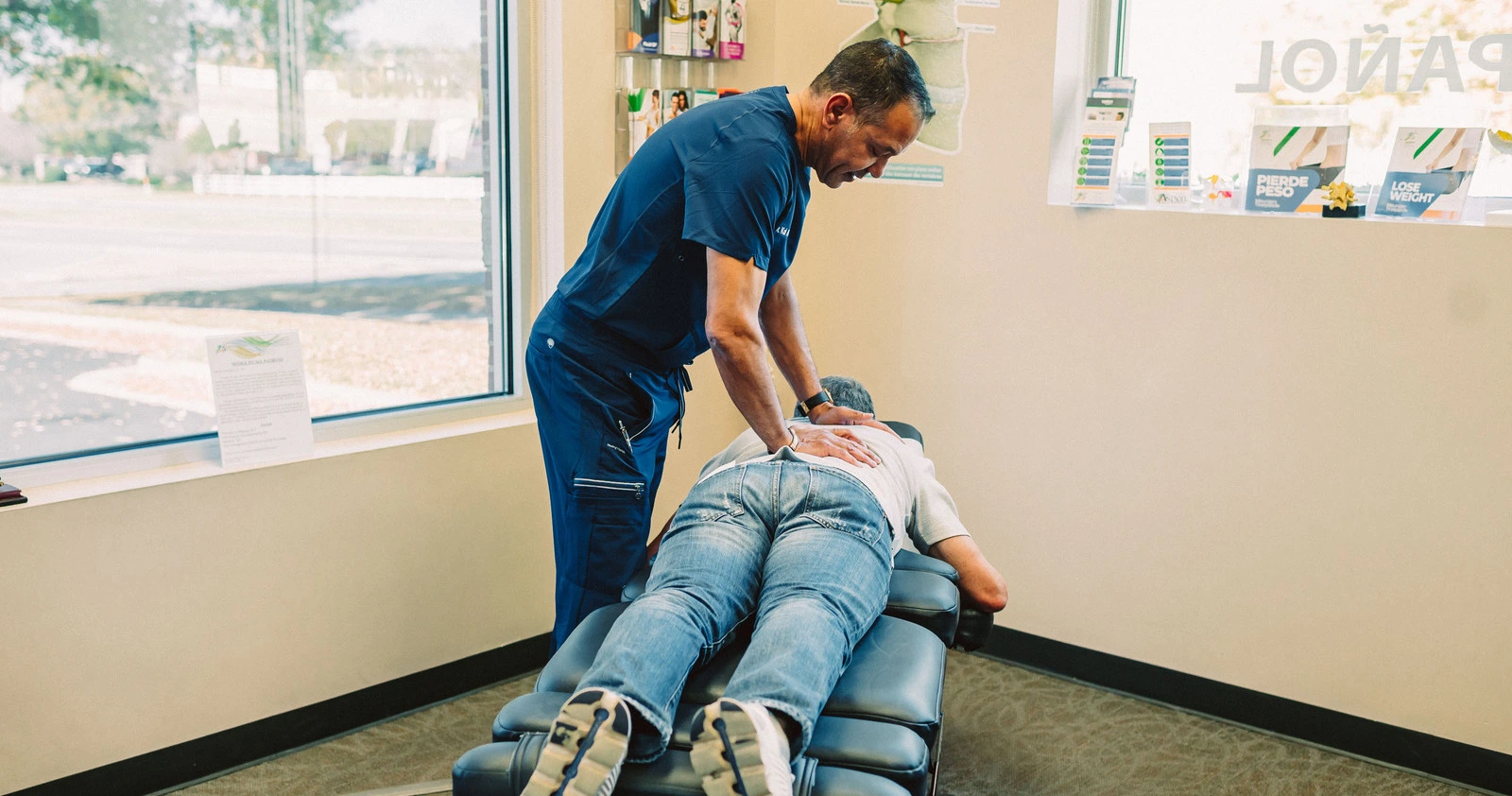
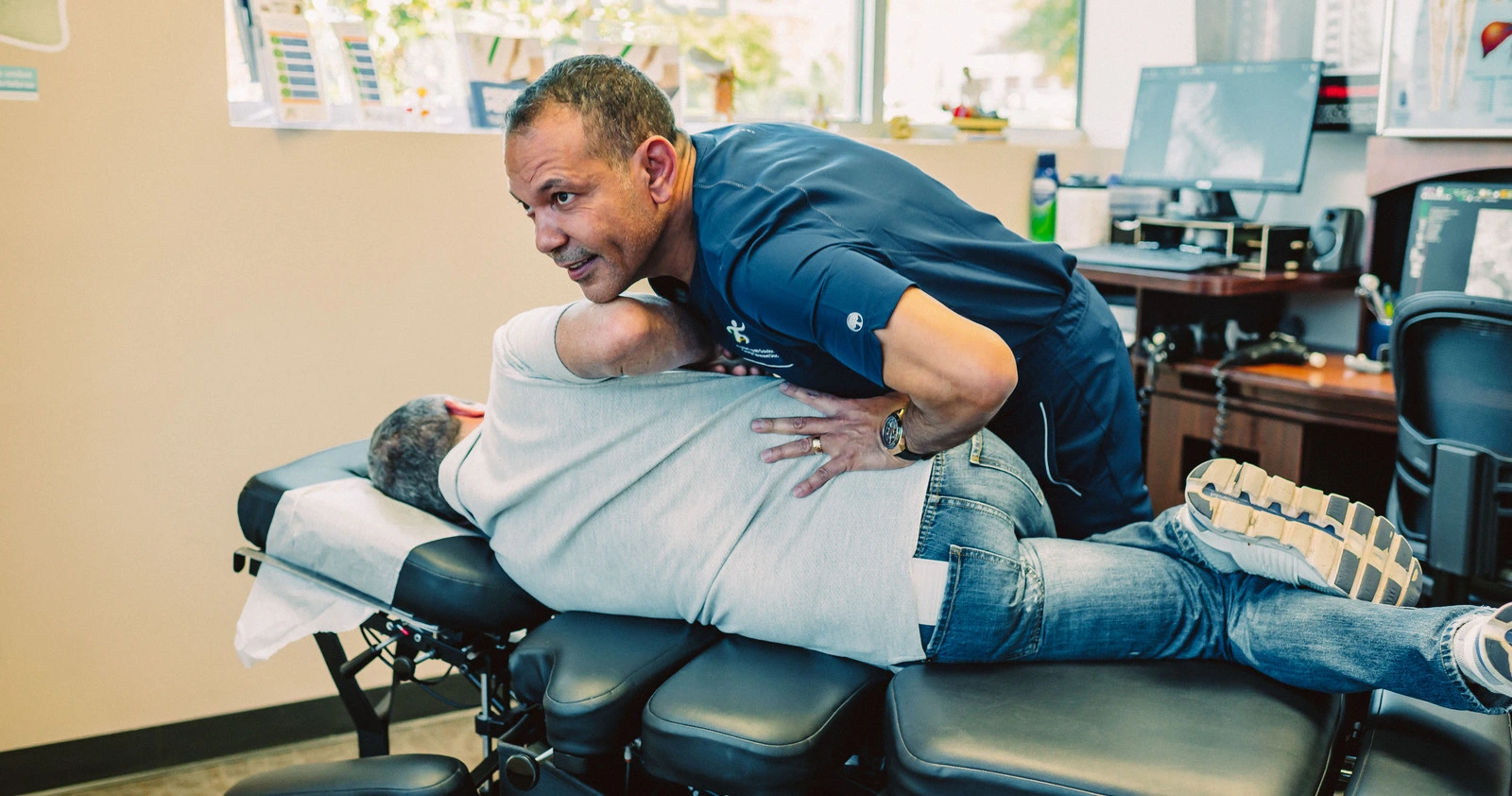
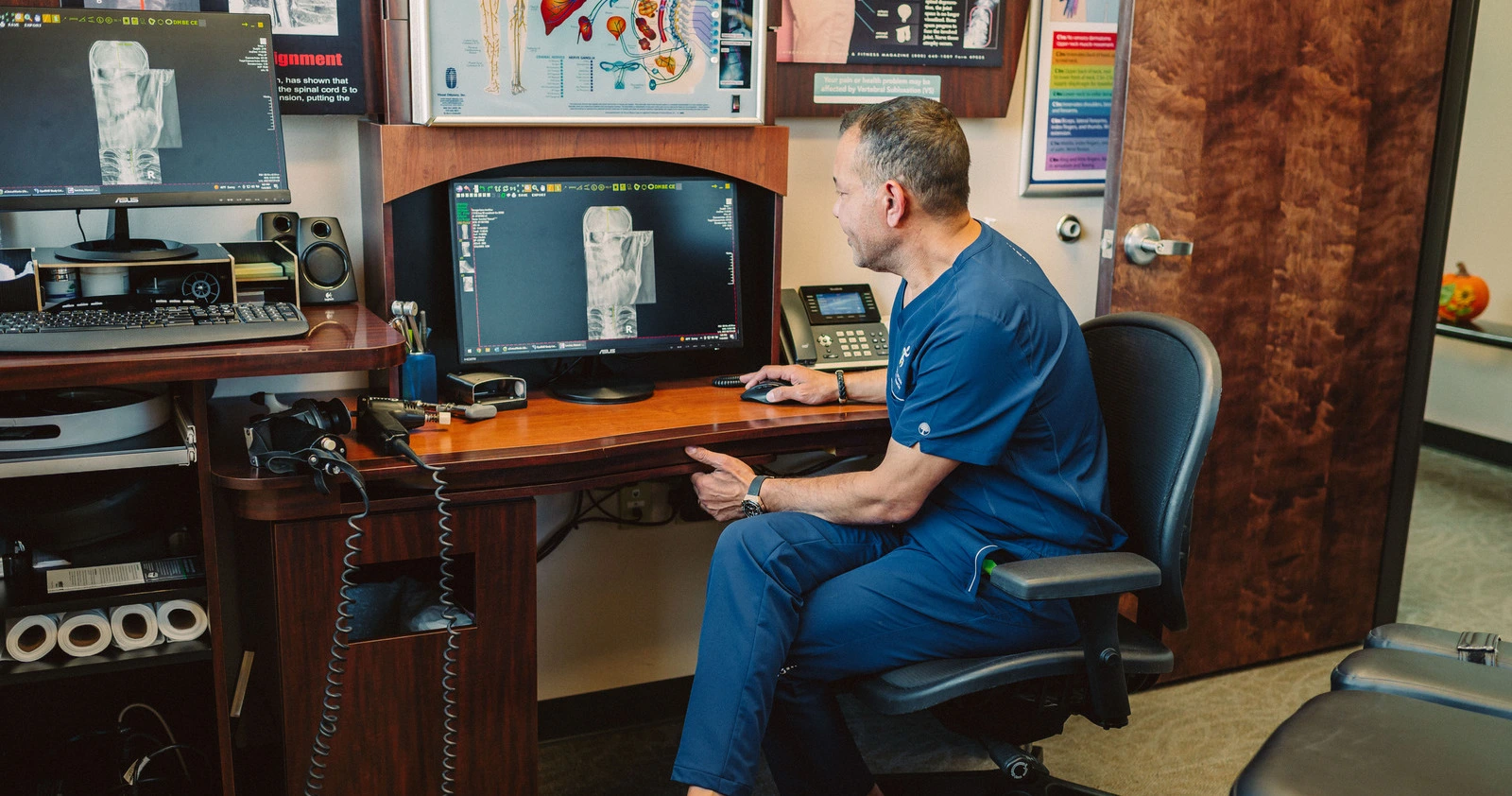
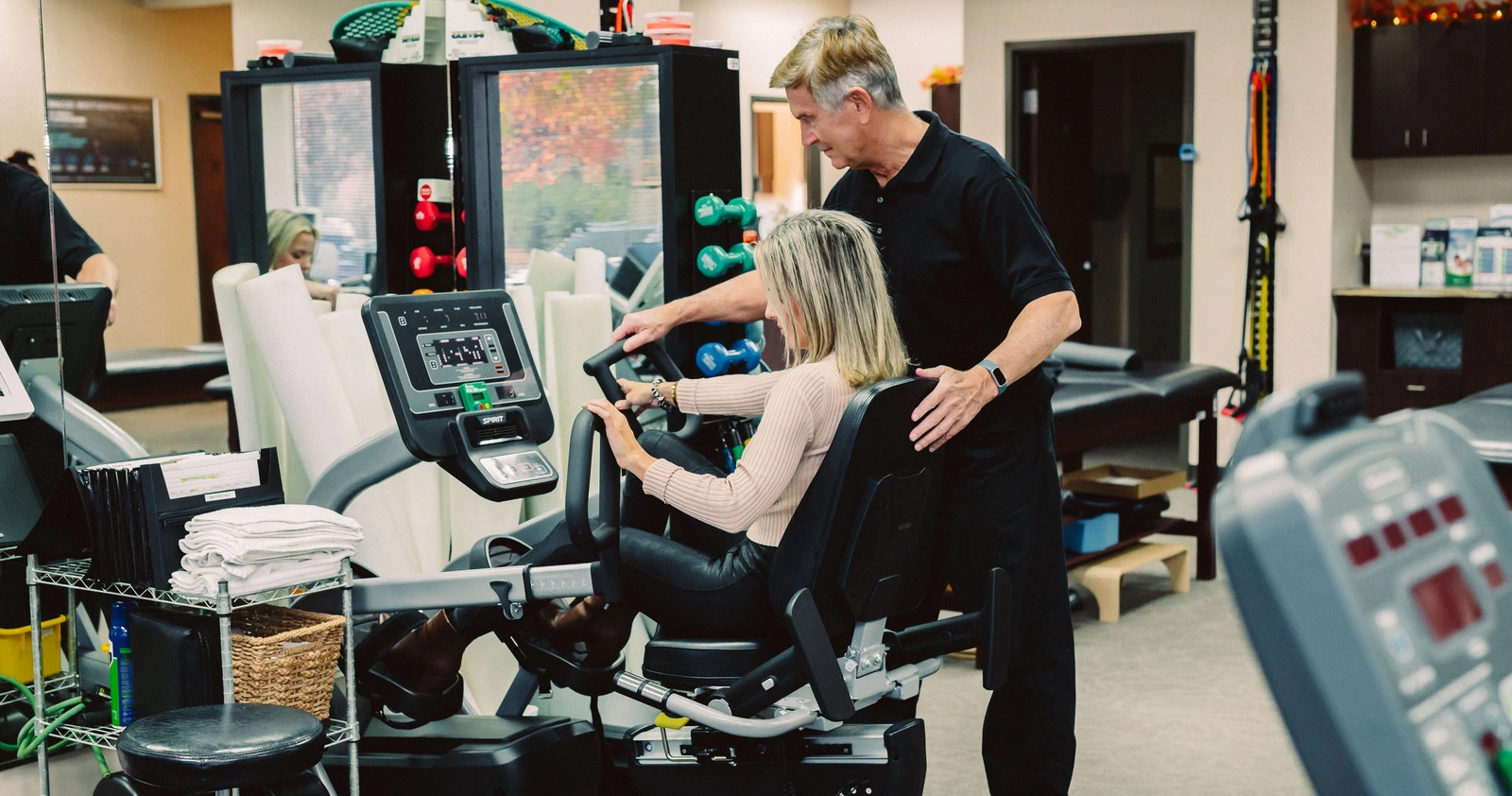
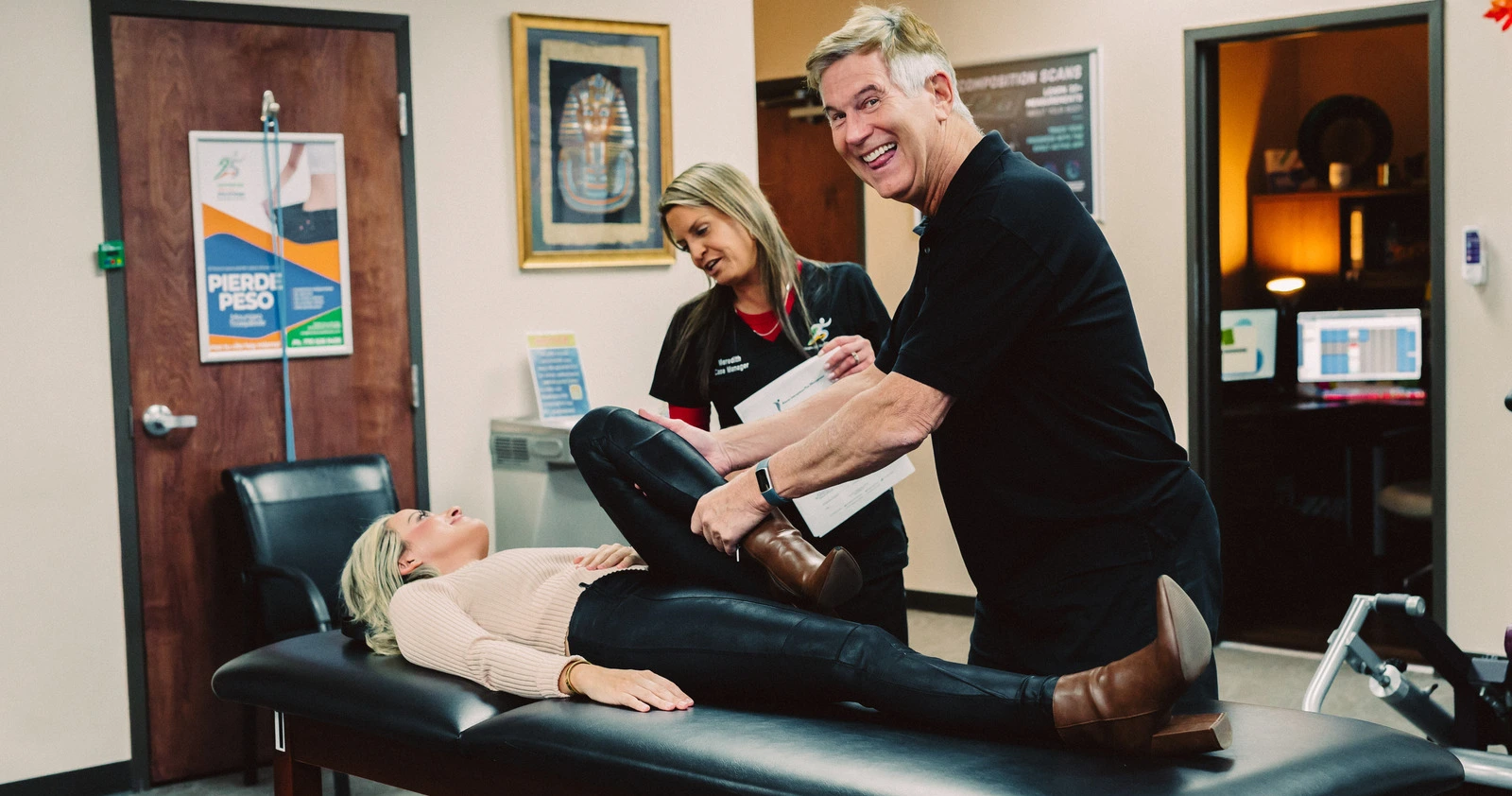
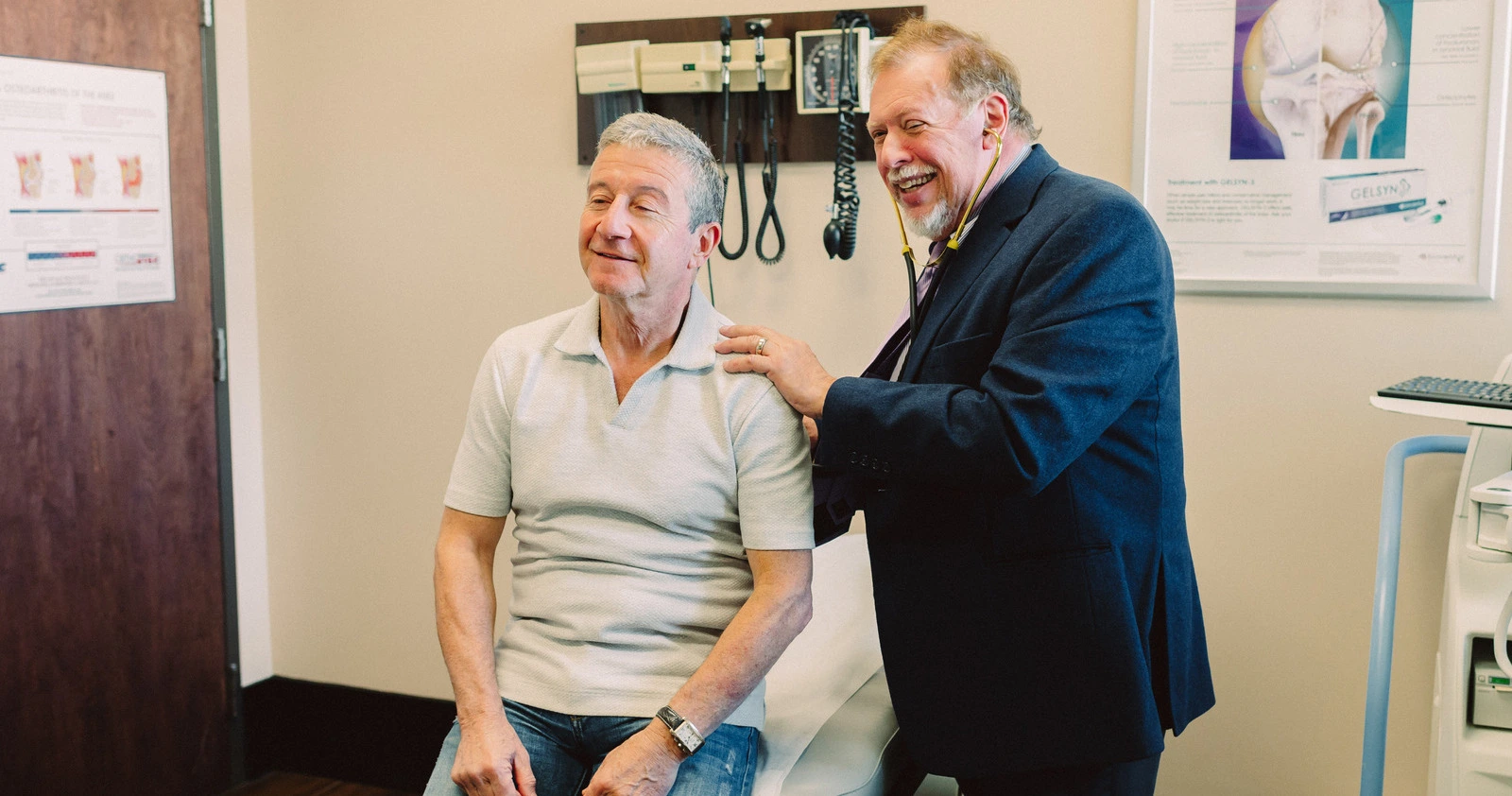


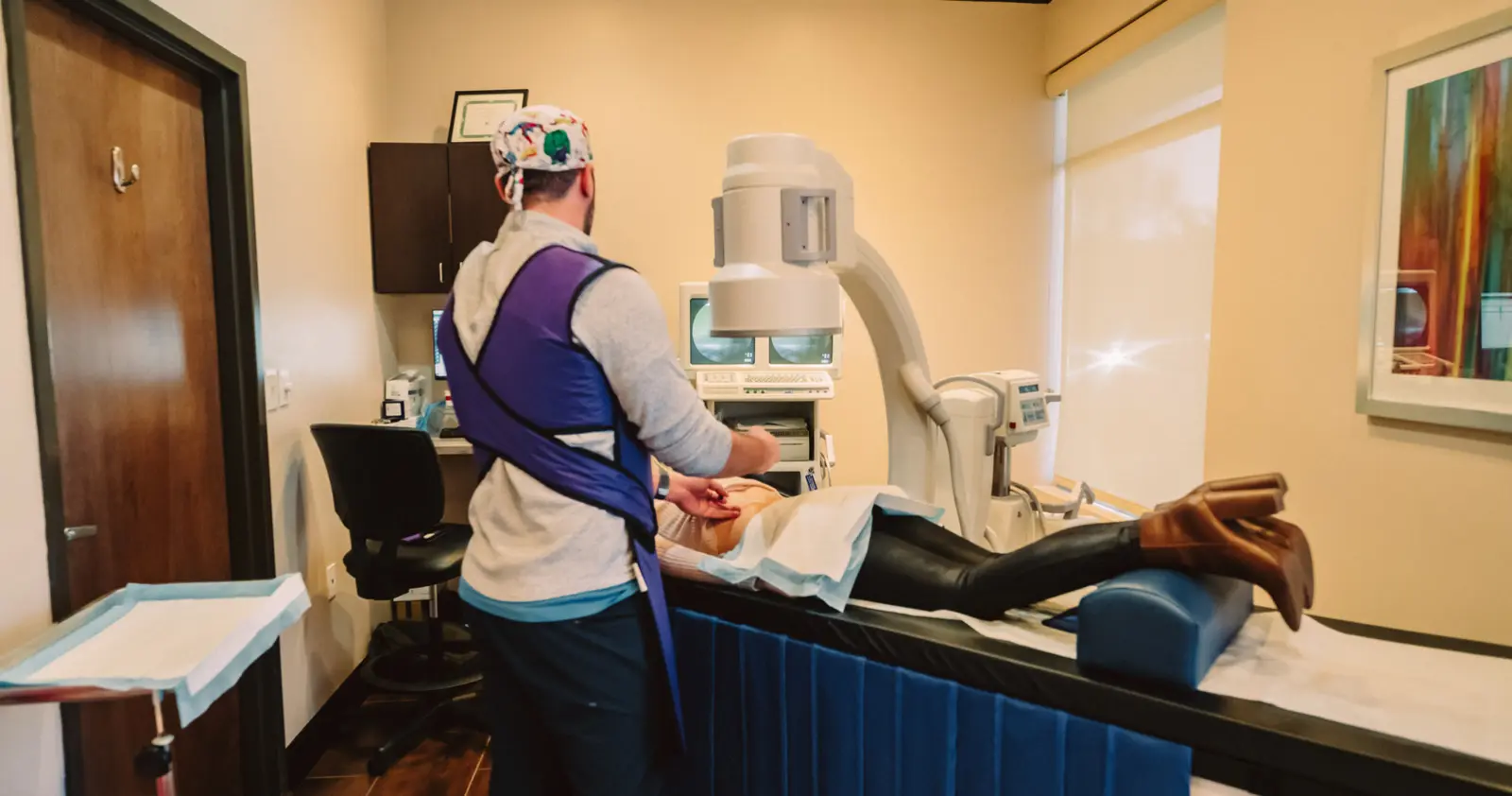

Our medical clinic offers a wide range of services, including primary care, specialty care, preventive care, diagnostic testing, chiropractic, physical therapy, and more. We strive to provide comprehensive and personalized healthcare to our patients.
Our medical professionals are highly trained and experienced in their respective fields. We have a team of doctors, nurses, specialists, and support staff who are dedicated to providing quality care and ensuring the well-being of our patients.
Our clinic(s) are conveniently located in a central area, with easy access to public transportation and ample parking facilities. We understand the importance of accessibility and strive to make it convenient for our patients to reach us. See all locations
We take pride in our high patient satisfaction rates and positive outcomes. We regularly collect feedback from our patients to continuously improve our services and ensure we meet their expectations. Read Our Reviews
We strive to work with a wide range of insurance providers to ensure that our services are accessible to as many patients as possible. We also offer flexible payment options and financial assistance programs to make healthcare affordable for our patients.
The purpose of this visit is to assess your symptoms, diagnose any potential conditions, and provide appropriate treatment or recommendations. Your healthcare provider will outline the recommended treatment plan, which may include medications, lifestyle changes, therapies, or referrals to specialists, depending on your condition.
In addition to our core medical services, we may offer additional benefits such as extended hours, online appointment scheduling, electronic medical records, and patient education resources.
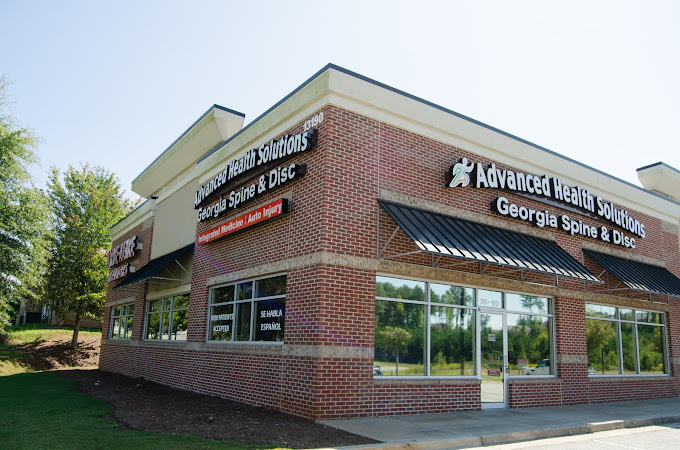

We are a Multidisciplinary Clinic with over 75 years of Combined Experience